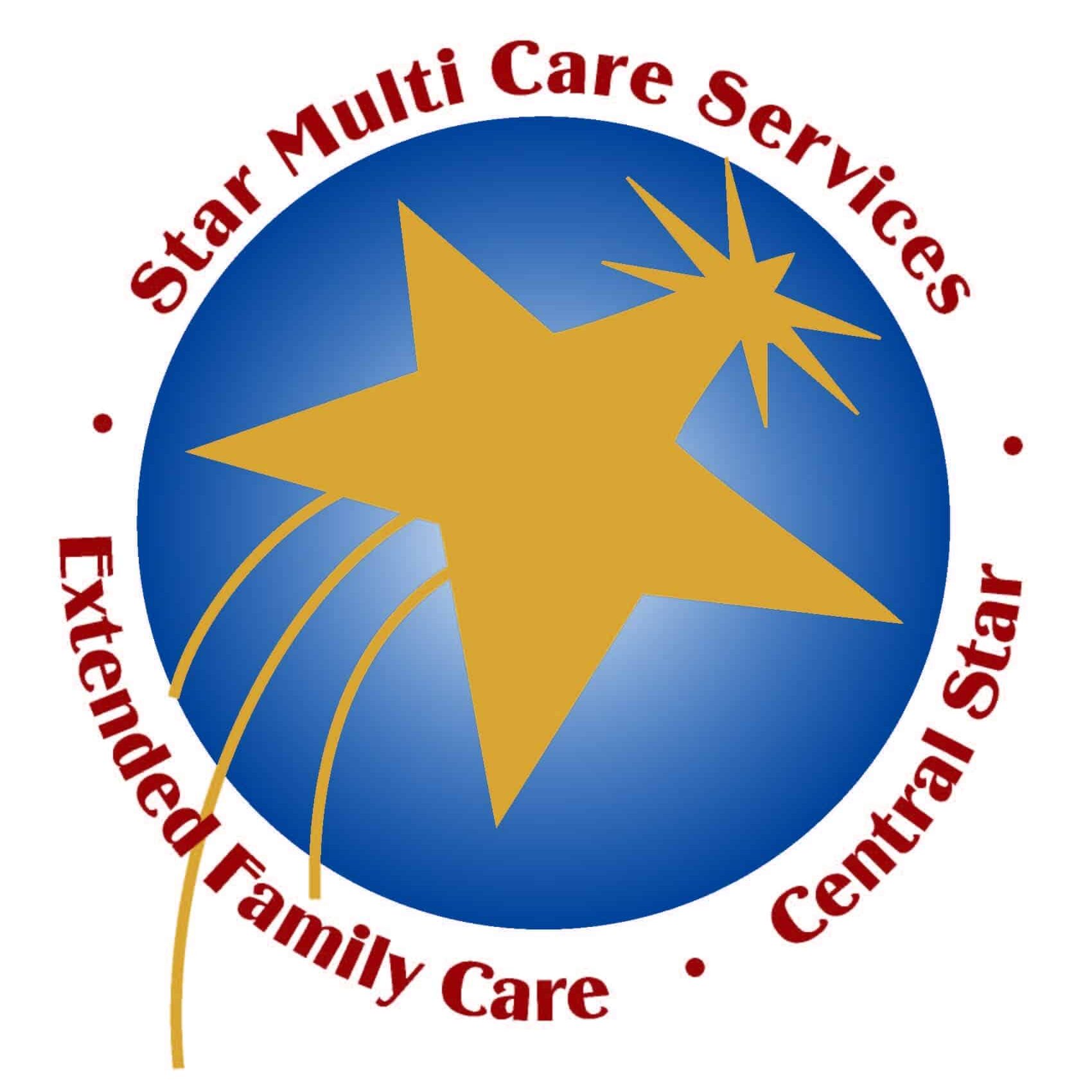Janet’s father, Henry, was in the hospital for a serious infection. One day while Janet was visiting, Henry began to speak incoherently. He was extremely confused and agitated. Janet had never seen him that way before. Panicking, she called the nurse into the room. Later, after Henry was examined by the doctor, Janet was told that her father was experiencing delirium, a problem not uncommon in older adults.

About Delirium
The Mayo Clinic defines delirium as “a serious disturbance in mental abilities that results in confused thinking and reduced awareness of the environment.” Usually, delirium comes on suddenly, happening in a few hours or days.
Most cases of delirium can be linked to an underlying cause, like illness, medications, or other health problems. Because delirium symptoms can look like dementia, information provided by family caregivers can be crucial in the doctor’s ability to accurately diagnose delirium.
Dementia is a condition that usually happens gradually and is permanent. Delirium happens suddenly and can be resolved when it is treated. Both conditions can be present at the same time and people with dementia are more likely to suffer from delirium.
Causes of Delirium
On a physical level, delirium happens when signals that go to and from the brain are interrupted or interfered with in some way. There are several things that could make this happen. Often delirium is caused by a combination of things. Some of the things that can cause delirium are:
- Medical problems like stroke, heart attack, an injury such as one sustained in a fall, or worsening liver disease.
- Low sodium or calcium.
- Chronic illness.
- Pneumonia.
- Flu.
- Toxin exposure, such as carbon monoxide.
- Malnutrition.
- Dehydration.
- Lack of sleep.
- Pain.
- Medical procedures involving anesthesia.
There are also a number of medications that can lead to delirium. Some common kinds of medications that seniors may be taking that can trigger delirium are:
- Pain killers.
- Sleep aids.
- Antihistamines.
- Medications for Parkinson’s disease.
- Medicines for mood disorders, such as anxiety or depression.
- Corticosteroids.
If your aging relative is at risk for bouts of delirium, a homecare provider can assist. Homecare providers may be essential in keeping and older adult with delirium safe. Because delirium impairs the way the brain works, people with delirium may make unsafe decisions. A homecare provider can keep them from harming themselves. Homecare can also report any new symptoms or problems to family caregivers. And, should emergency medical assistance be required, a homecare provider can call 911.
Sources: https://www.mayoclinic.org/diseases-conditions/delirium/symptoms-causes/syc-20371386
https://www.americandeliriumsociety.org/what-delirium
If you or an aging loved one are in need of Homeare Services in Dix Hills NY or the surrounding areas, contact the caring professionals at Star Multi Care Services today at (631)956-8835. We are the Right Choice for Home Health Care Services!
- Recognition of Employees for March - March 21, 2025
- Tips for Medication Safety for Seniors After a Hospital Stay - March 20, 2025
- Helping Seniors Age in Place - March 12, 2025

